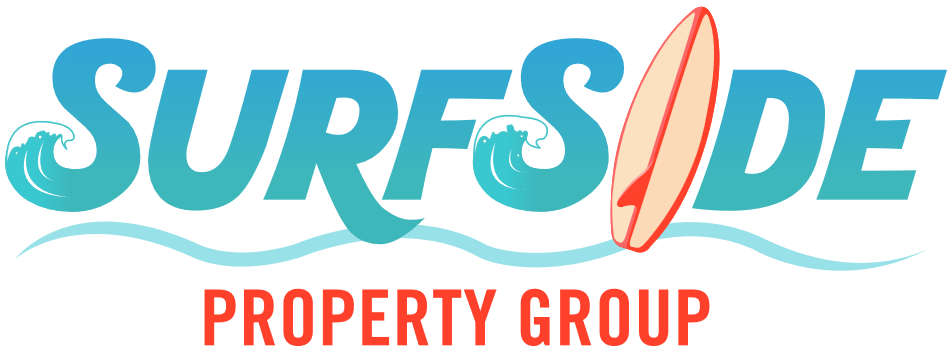
Q&A: INCREASING LOAN LIMITS IN 2024

Q&A: INCREASING LOAN LIMITS IN 2024
One borrower wants to know how increasing loan limits will impact a purchase on a larger home.
RICHMOND, Va. – Question: Our mortgage lender says loan limits will increase for 2024. Will this change our financing efforts since we’re trying to move into a larger home?
Answer: Loan limits may well impact your financing, depending on where you live and the property prices you’re considering.
Loan limits define the biggest mortgages that can be purchased by Fannie Mae and Freddie Mac. This is important because the two organizations buy huge numbers of mortgages from local lenders, but only mortgages that meet certain standards. The mortgages they buy are known as “conforming” loans.
For instance, a conforming loan can require a minimum credit score, a minimum down payment without insurance, and a monthly debt-to-income limit (DTI). The DTI can apply to such items as housing costs, student debt, auto loans, and credit card bills. Loan limits are just another standard that lenders must meet when they originate conforming loans.
Lenders are allowed to originate mortgages that are not conforming, including mortgages that exceed the loan limits. Such loans are regarded as “non-conforming” or “jumbo” mortgages. This is important for borrowers because you might have a situation where a 30-year fixed-rate mortgage is priced at 7.25% while jumbo financing has an interest rate of 7.6%. Higher loan limits mean you may qualify for a lower rate because the mortgage is easier for lenders to sell.
The difference between conforming and non-conforming mortgages is also important to lenders.
A lender can easily sell a conforming mortgage to buyers such as Fannie Mae and Freddie Mac and use the fresh capital to create still more mortgages and the fees and profits they can generate. Alternatively, they might have to hold on to a jumbo loan. Because jumbo loans represent more risk and are more difficult to sell to investors, they have a higher price.
New loan limits are announced in November for the coming year. This time around, a federal regulator, the Federal Housing Finance Agency (FHFA), announced that the new conforming loan limit for most areas would increase 5.56% to $766,550 for one-unit properties in most jurisdictions, an increase of $40,350 from 2023. In high-cost areas, the new ceiling for one-unit properties will be $1,149,825, which is 150% of $766,550.
The loan limit increase is based on a special formula used by FHFA. In this case, home prices rose in the third quarter of 2023 when compared with property values in 2023, and as a result loan limits for 2024 will rise. Had property values gone down, the existing loan limits would be unchanged because of a special FHFA rule. When the loan limits for Fannie Mae and Freddie Mac move up, they also change for the FHA program. In 2024 the basic loan limit for FHA financing in most jurisdictions will be $498,257, up from $472,000 in 2023. The FHA loan limit ceiling for high-cost areas goes from $1,089,300 in 2023 to $1,149,825 in 2024.
In addition to financing one-unit properties, conventional and FHA loans can also be used for properties with two units, three units, and four units. The loan limits for properties with multiple units are higher than the limits for single-family homes.
Speak with real estate brokers and mortgage loan officers for details and specifics.
© Copyright 2024, Richmond Times-Dispatch, Richmond, VA

